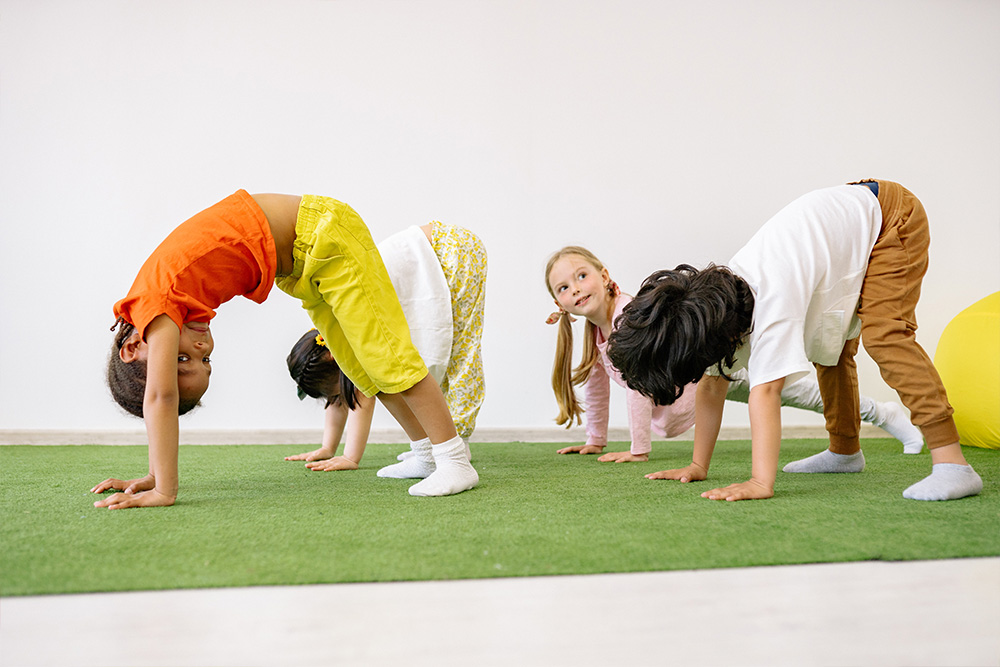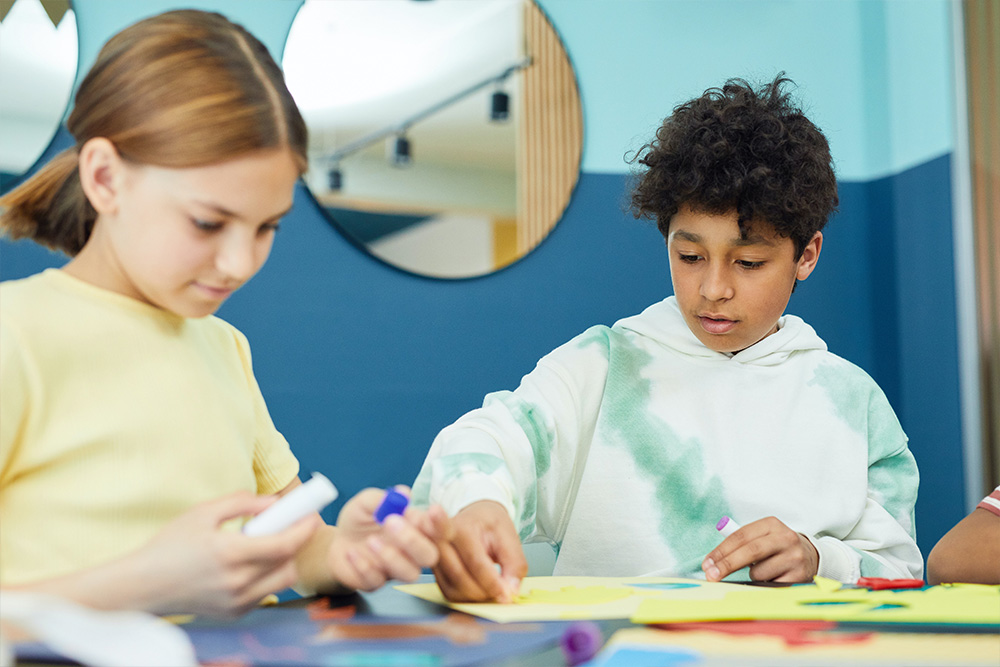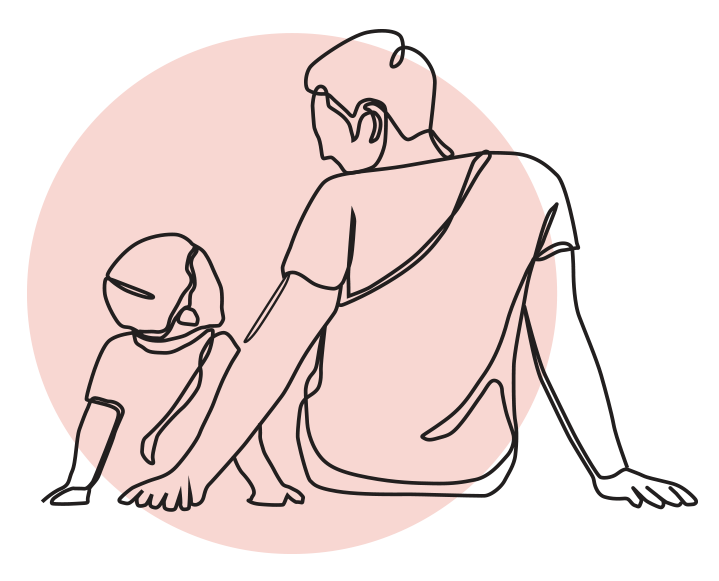If there is one way to sum up external events at the start of this academic year, it has to be “turbulent”. Continued recovery from Covid19 followed by the death of Queen Elizabeth II on home shores, the on-going War in Ukraine and the economic and political crisis, all contribute to a sense of change and uncertainty. Schools continue to be a haven of safety and consistency for many pupils. Staff, at all stages, can help to address children’s concerns around what they are hearing and absorbing from the adults around them.
The stress of current times comes down to how we understand and deal with uncertainty. Humans respond to uncertainty as a threat. As educators, by making children aware that much of the stress they are experiencing is related to feelings of uncertainty and lack of control is a first step in supporting them to manage those feelings.
The brain: Our brain is wired for survival. When our brain experiences a threat, the alarm part of our brain makes a decision to either fight, flee, or freeze. If running away or fighting the threat is not possible, our body and brain respond by freezing. When children and adults are stuck in “survival mode,” they may experience stomach aches, feeling nervous and/or anxious, poor sleep, reluctance about returning to school, hyper vigilance (high alert), lack of motivation, mood swings, poor concentration, and an inability to focus. This short video demonstrates survival functions.
The activities below encourage staff to explore children’s concerns before engaging in a creative, nature-based activity that encourages children to anchor themselves in the present and notice their bodily senses. Though environmental issues can create anxiety, it is often helpful to think about the natural cycle of things, to recognise that change is inevitable and the seasons bring about renewal.
Before beginning the activity, remind children to focus on the process of drawing and not the end result, they do not have to show their picture to anyone if they don’t want to. Focusing on bodily sensations brings us into the present, a point in time that we can control. It also highlights the impact that our brains have on feelings in our body and that these are all linked to our body’s survival functions.
Suggested activities:
Primary:
1 – Depending on the key stage, politics and the economy may not be appropriate to mention, but staff could start with a discussion over uncertainty and naming things that we can and can’t control. This could open up to a discussion of feelings linked to things we cannot control.
2 – Look at nature and different cycles of change and how these bring about renewal (ideally outside). Autumn leaves is a good example. Ultimately change is inevitable but how we respond is in our control. We can stay grounded by being present.
3 – Nature art activity. Choose one or more leaves. First look at the leaf and notice different things about it (colour, shape, patterns). Then draw around the leaf whilst being quiet and noticing how the action of drawing feels. What does the pen feel like in your hand, are you gripping tightly or gently? Is it smooth on the paper or rough. Does it make a noise? If there is time, children can draw round multiple leaves, or the same leaf multiple times and then draw meditative patterns in their leaves.
4 – Open a discussion of how the activity felt for children. Did it make them feel calm or did they notice a lot going on in their minds? What other sensations did they notice in their bodies?
Secondary:
Discussion: Staff can be more direct about the current crises and the impact this can have on mental health, taking ideas from the introductory paragraph above: Open up a discussion about children’s current concerns and which of these are things that they can control and which are things that they can’t. Look at what can we do to support our mental health in uncertain times: provide a hand out/slide of suggestions:
- limiting exposure to news/social media,
- making sure we access reputable media,
- avoiding looking for disaster stories,
- keeping routines that make us feel safe,
- identifying what makes us feel good and making time to do these things,
- talking about how we are feeling,
- eating well, exercise and sleep,
- being creative,
- breathing exercises.
This resource from the Anna Freud centre can be a good way to open a discussion of wellbeing ideas.
Activity – same as Primary steps 2, 3 and 4.




